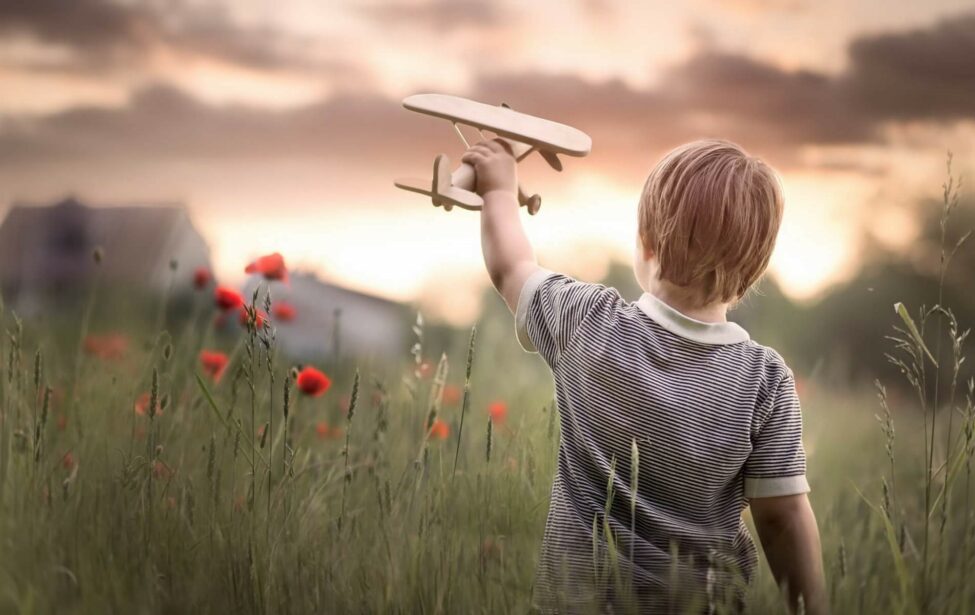A regular meeting of the International Laboratory of Inclusive Education brought together colleagues from Russia, Belarus, Kazakhstan, Uzbekistan, Georgia to discuss the issue of media education as a global trend for human development in inclusive education.
The concept of inclusive education can be prevented from implementation by social stereotypes about challenged individuals among the majority of people. Tools of media show the potential for the development of reasonable view on possibilities and restrictions that are characteristic of individuals with untypical development. Media can be considered as a means for the encouragement and improvement of social beliefs, views, and values related to the phenomenon of “otherness”, as well as the increase in its condemnation.
Moscow City University was represented at the meeting by Associate Professor Nadiya Tyurina, Candidate of Education Sciences, who presented the media education concept of the cultivation of inclusive culture among pre-service teachers and the whole society. The concept addresses the following questions:
In general, the International Laboratory considers inclusive education as a means to provide all children with access to education, which is provided for by the legislation. The International Laboratory strives to achieve the following aims:

